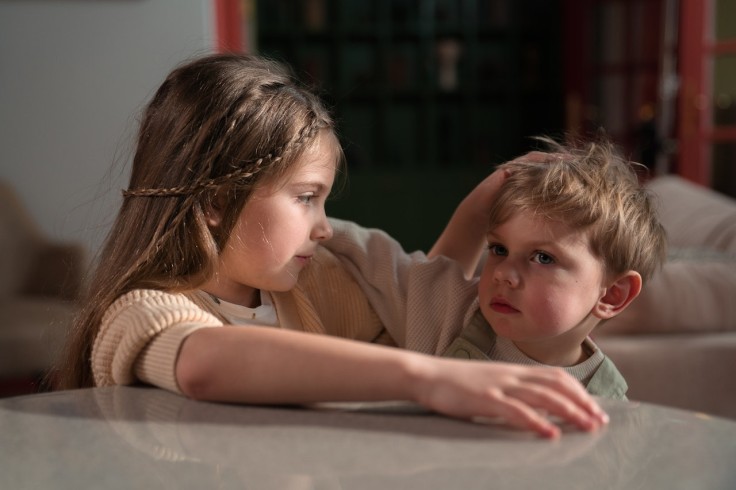
Parents and children have clear, well-defined roles. Parents care for their children as they grow and develop. This is the norm in functional and healthy families. However, in this day and age, a lot of families are showing reversed roles, and it is alarming.
This reversal of roles between parents and kids is called parentification.
"Parentification is when a child has to fulfill the roles and responsibilities of a parent. This may occur because the parent has asked the child to take on this role or because the child notices that no one else is filling the role,"
Dr. Cara Goodwin, PhD, a licensed clinical psychologist, explained.
This includes the children being responsible for household tasks like cleaning or cooking, being caregivers of their younger siblings, or serving as their parent's emotional support.
Child neglect
Parentification, when occurring in a family dynamic is "problematic," and toxic, stressed Dr. Goodwin, because it is asking too much from a child. Too much that his/her childhood can be lost.
When a child is asked or pushed to do tasks or offer support that is beyond their developmental level and when the needs of the parents consistently become a priority compared to their child's needs, then parentification becomes child neglect, even abuse.
When asked what causes this toxic family dynamic, Dr. Goodwin expressed that it can occur for many reasons, but mostly it happens due to the parent's own family background and culture or due to attachment issues, where parents see their kids as parental figures.
The parent may have experienced childhood neglect or abuse themselves. This type of history causes parents to have specific cognitions and attitudes that can lead them into thinking that since he/she was mature enough to handle their family's situation before, their kids are also mature enough to do the same.
Children may also not have any choice but to take responsibility if their parents are experiencing substance use or abuse, or are struggling with mental health, as these factors can surelty prevent parents from doing their roles effectively.
Read Also: Green Bay Parents Charged With Child Neglect After Toddler Dies from Fentanyl Poisoning
Pros and Cons
Parentification can have both negative and positive effects on children.
Parentified children may experience mental health problems like anxiety and depression, and even experience other psychological and physical effects. The impact of these effects can last and continue into adulthood.
A research entitled "The Relations Among Types of Parentification, School Achievement, and Quality of Life in Early Adolescence," suggested that parentification affects academic achievement.
It has been found that children who care for an ill parent, for example, have little to no time for homework and do not receive support in keeping up with their classes, resulting in lower or failed grades.
Another research that explored the resiliency and parentification in Polish adolescents revealed that kids and teens who experienced parentification had the tendencies toward alcohol use disorder and perfectionism.
On the other hand, in certain cases, parentification, to some degree, can have positive effects towards the kid's resiliency and competency.
The first research stated above has also found that parentification can sometimes lead to a higher competency and maturity level. This may be possible when the given duties on the child do not exceed their capabilities and when parents never forget to express appreciation and affirmation.
Furthermore, an older study looked into the long-term effects of parentification on children with HIV-positive parents, and found that after a 6-year follow-up, these children had improved coping skills and reduced substance use and abuse.